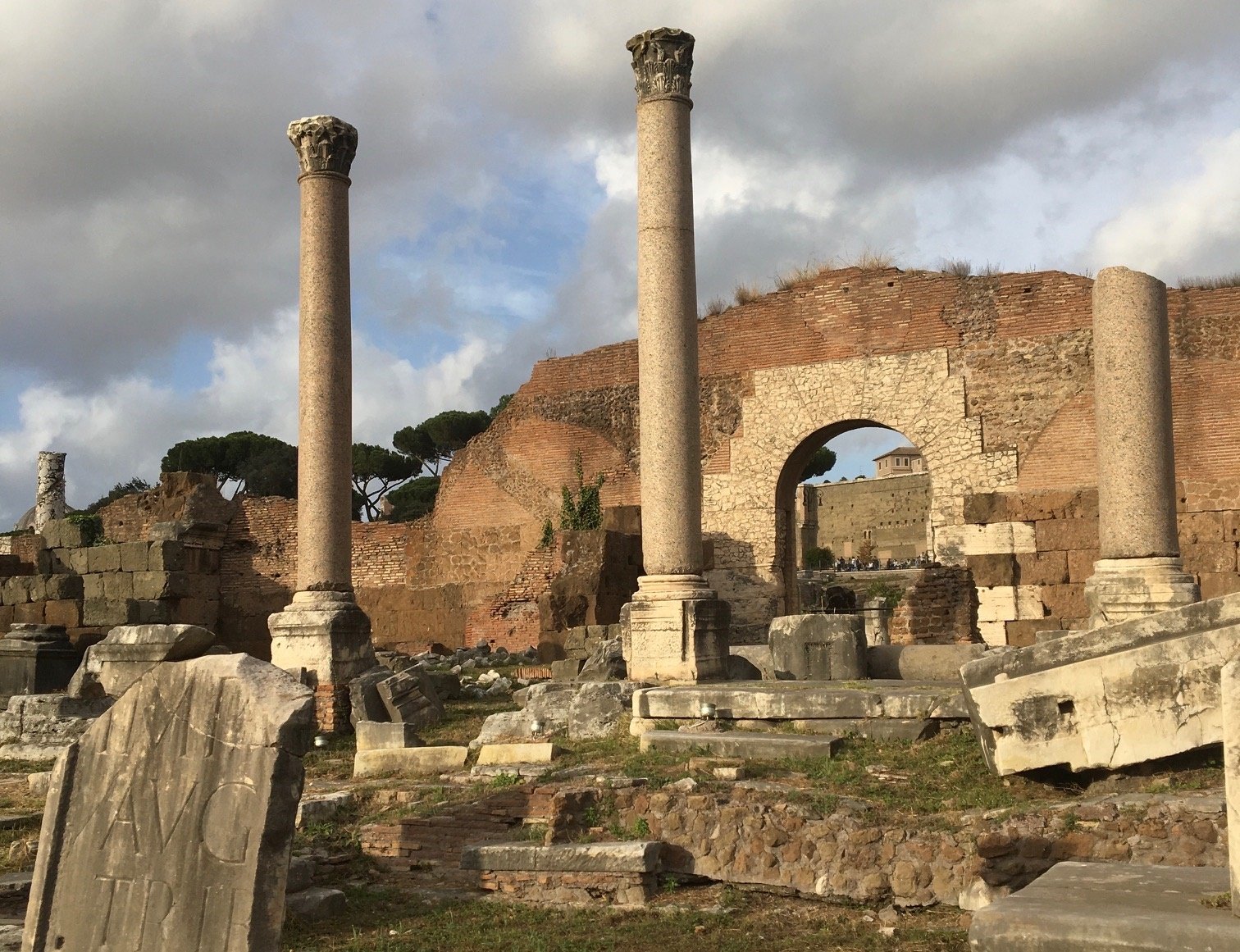
(CN) — Europe's highest court ruled on Tuesday that Italy has failed for years to meet European standards for air quality in many of its biggest cities and in its industrial northern plains.
The European Court of Justice, sitting as a grand chamber made up of all its 15 judges, found that concentrations of particulate matter were “systematically and persistently” too high in several urban and industrial centers of Italy such as Milan, Rome, Turin, Naples and the busy Po Valley. Particulate matter is made up of dust, pollen, soot, smoke and other particles suspended in the air that are harmful to human health and the environment. Smog has long been a persistent complaint in many Italian cities.
In 2014, the European Commission, the European Union's executive branch, accused Italy of violating standards on particulate matter set down by the EU. It launched what is known as an infringement procedure to force Italy’s compliance with the Air Quality Directive adopted in 2008.
Italy is among several EU states being sued by the commission for not complying with the directive. Germany, France, Spain, Poland, the Czech Republic, Romania and Hungary each face their own proceedings.
The commission accused Italy of violating particulate matter limits between 2008 and 2017, and not taking enough steps to reduce air pollution.
In October 2018, it sued Italy in the European Court of Justice, the Luxembourg-based court that serves as the EU's highest court.
The court said the commission's complaint was well founded and based on sound evidence. It said particulate matter regularly exceeded limits set down by the directive in Italy's trouble spots. Besides setting limits for particulate matter, the directive sets standards for sulfur dioxide, nitrogen dioxide, and other pollutants such as lead and benzene.
The court rejected Italy's arguments that the high levels of particulate matter were beyond its control and also due to topographic and climatic peculiarities such as Italy's mountainous terrain.
Italy also argued that the high levels of smog are mostly limited to the Po Valley, a heavily industrialized and populated plain that includes cities such as Vicenza, Verona, Parma, Milan and Bologna, the heart of Italy's economy.
The court, though, said the areas exceeding air pollution limits “include the largest agglomerations in Italy, which have several tens of millions of inhabitants.”
It added: “Ignoring this fact would be tantamount to disregarding the objectives pursued by the directive in particular the protection of human health and of the environment as a whole.”
Italy contended that meeting the air quality objectives “constitutes a complex process,” and that measures cannot “be sporadic and must necessarily involve long-term plans” that don't hinder economic development, as quoted in the ruling.
But the court countered that it was “irrelevant whether the failure to fulfil obligations is the result of intention or negligence,” or hampered by “technical or structural difficulties,” unless there were “exceptional circumstances whose consequences could not have been avoided despite all the steps taken.”
The grand chamber also said the commission was correct to accuse Italy of failing to take sufficient steps to combat air pollution. The court sided with the commission in accusing Italy of adopting plans to improve air quality that would take too long to take effect.
“Several of those plans set out a time frame for implementation which may last for several years, or even sometimes two decades, after the entry into force of those limit values,” the Luxembourg-based court said in a statement.
Italy argued its plans were taking into consideration both public and private interests to ensure the plans do not become “socially and economically unsustainable,” the ruling summarized. It also said it couldn't adopt measures that undermine fundamental freedoms, such as the free movement of goods and people. But the court said those arguments were at odds with what the Air Quality Directive dictates.
“The court stresses that the Italian Republic’s approach is tantamount to allowing for a generalized, potentially indefinite extension of the deadline for complying with those values, even though they were set precisely with a view to attaining those objectives,” the court’s statement continues.
Under European law, Italy is required to comply with the high court's finding without delay or face hefty fines.
Italian Environment Minister Sergio Costa said on Tuesday the ruling was not a surprise, and that air pollution is a problem that hasn't been dealt with in Italy.
“This judgment should be a wakeup call for the entire government to do more and to do better than what we've already put into place,” he said.
Besides this case, the commission has started infringement proceedings against Italy over exceeding nitrogen oxide and ultrafine particulate matter levels.
The Environment Ministry said Italy was taking steps to meet the EU's standards, among them buying less-polluting school buses, planting trees in urban areas and providing incentives to help people buy electric vehicles.
Costa said Italy is making cleaner air a priority not only because the EU is forcing it to do that but because the government wants to.
In a September report, Legambiente, an Italian environmental group, found a majority of Italian cities are not meeting World Health Organization standards on air pollution. It found Turin, Rome, Palermo, Milan and Como the worst.
Environmentalists are urging the Italian government to use billions of dollars available to help Europe recover from the coronavirus pandemic to combat air pollution. Legambiente advocates using those funds to get more people to use electric vehicles, public transportation and bicycles.
Courthouse News reporter Cain Burdeau is based in the European Union.
Subscribe to Closing Arguments
Sign up for new weekly newsletter Closing Arguments to get the latest about ongoing trials, major litigation and hot cases and rulings in courthouses around the U.S. and the world.









